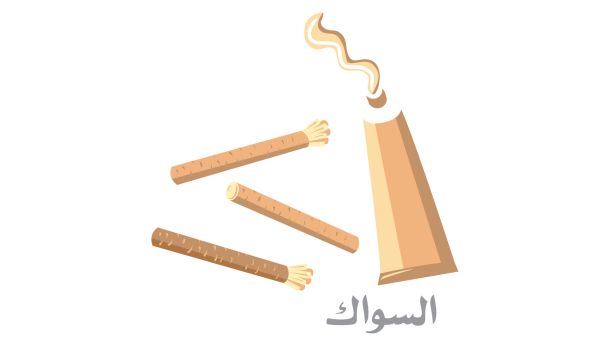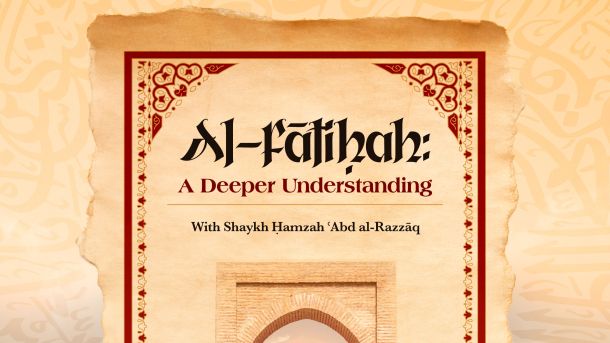News Archive
Mar 23, 2023
A Fiqh Discussion on the Permissibility of Using the Siwāk (Toothbrush) When Fasting
Using the Siwāk While Fasting According to the Hanbalī Madh`hab
[According the ḥanbalī madh`hab], it is not from the Sunnah for a fasting person to use the siwāk afternoon [i.e. after ẓuhr]. We say ‘afternoon’ meaning the sun has begun inclining towards the west. The sun rises from the east until it reaches its apex [or zenith], then begins to descend [towards the west], we say then afternoon has begun.
How the Jurists Measure the Beginning of the Afternoon
The scholars say: the indication of the beginning of afternoon is to erect a stick in the ground and watch it, as long as the shadow proj…
Mar 23, 2023
Fasting Combines the Greatest Forms of Patience
There are several types of praiseworthy patience,
Patience when carrying out acts of obedience to Allāh, the Exalted in Might,
Patience in staying away from His disobedience,
Patience regarding the Divine Preordainments of Allāh, the Exalted in Might.
Possessing patience when carrying out acts in His obedience and refraining from His disobedience is superior to having patience regarding the predestined, traumatic, painful occurrences. This sentiment was expressed by several of the pious predecessors including Saʿīd ibn Jubayr, Maymūn ibn Mahrān (رحمهما الله) and others.
However, th…
Mar 16, 2023
Understanding Earthquakes and Other Disasters: An Islamic Perspective
Earthquakes and other disasters continue to strike, and over the years, many theories have been put forth attempting to explain how these disasters occur and how they can be minimised, yet most Muslims are unaware that most of these theories contradict the very fundamentals of Islām. Also, many Muslims are simply oblivious to their Islamic obligations when these calamities strike. Furthermore, while most people may only view the occurrence of such events as disastrous because their understanding of this topic is purely scientific, Islām clearly explains the wisdom behind this destruction. The…








